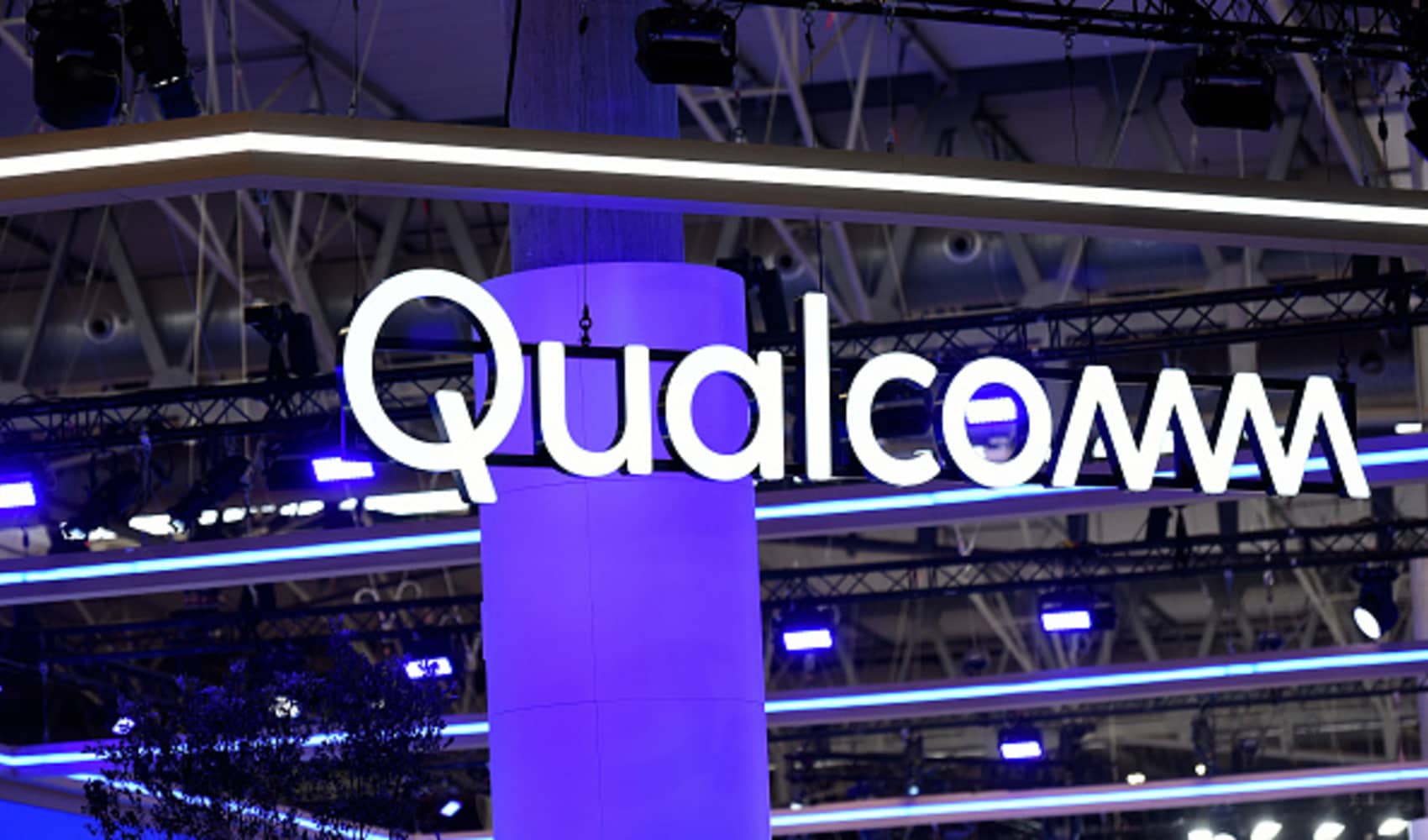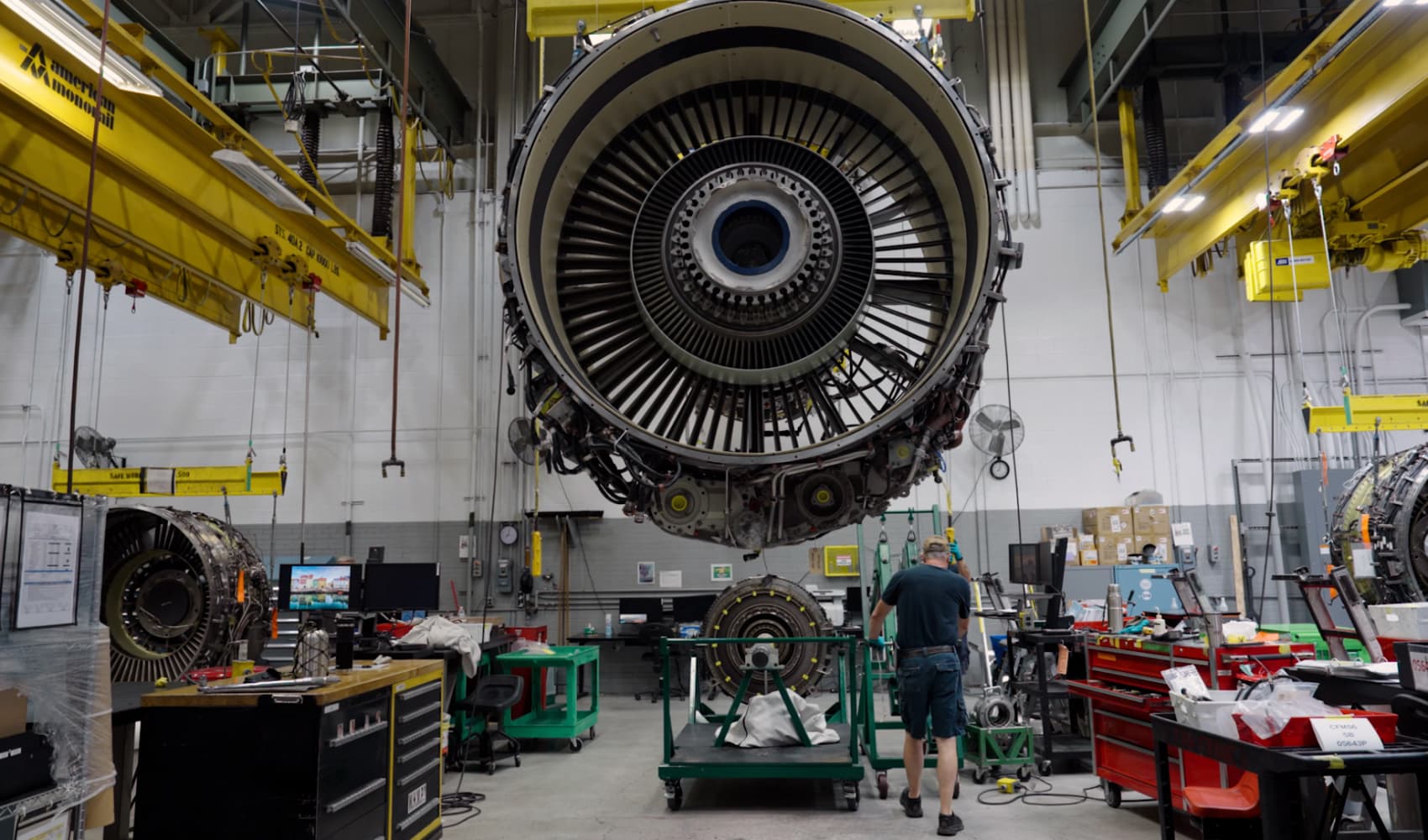
Richard Branson's "most notable failure" taught him an important lesson: There's value in always seeing yourself as an underdog, the billionaire entrepreneur recently told TED's "Work Life with Adam Grant" podcast.
"People quite like the underdog," he said. "You don't always want to be the smartass that is [always] successful."
He learned from one such experiment that "backfired horribly," he told Grant: Virgin Cola, a soda that Branson's Virgin Group launched in 1994.
After some success in the U.K., the company decided to expand its presence to the U.S. and challenge Coca-Cola and Pepsi, Branson told NPR in 2017. To celebrate Virgin Cola's U.S. launch, Branson drove a tank through a wall of Coke and Pepsi cans in Times Square in 1998.
Get top local stories in San Diego delivered to you every morning. Sign up for NBC San Diego's News Headlines newsletter.
Then, Virgin Cola began disappearing from store shelves, Branson told NPR. He suspected Coca-Cola was making retailers "offers they couldn't refuse," he said. (Coca-Cola declined to comment.)
Virgin Cola quietly shuttered years later, when Branson realized the drink was only No. 1 in Bangladesh, he said. "It was a lot of fun. It didn't do the [Virgin Group] any harm," he told Grant, and it made the company look more endearing, like an "underdog" next to its rivals.
Virgin Group wasn't necessarily an underdog at the time: It had launched businesses in music, book publishing, video games and air travel, with varying levels of success. But each time it branched into a new industry, it used a scrappy mindset to try finding new ways to beat out top competitors, Branson wrote in blog post, as CNBC Make It reported in 2017.
Money Report
"We never considered Virgin to be 'big business.' We've always seen ourselves as the underdog," he wrote. "And we quite like it that way."
Thinking of yourself as an underdog can be beneficial, research shows: Employees "who believed others did not expect them to be successful were more likely to receive higher performance evaluations from their supervisors," a 2020 analysis from the University of Pennsylvania's Wharton School found.
The mindset is also reflected in how Branson decides which new businesses to launch next.
Instead of focusing on market share or profitability, he asks himself two questions, he told Make It in May: "If I create this, can it be better than what everybody else is doing?" and "Can it make a real difference in the world?"
Want to stop worrying about money? Sign up for CNBC's new online course Achieve Financial Wellness: Be Happier, Wealthier & More Financially Secure. We'll teach you the psychology of money, how to manage your stress and create healthy habits, and simple ways to boost your savings, get out of debt and invest for the future. Start today and use code EARLYBIRD for an introductory discount of 30% off through September 2, 2024.
Plus, sign up for CNBC Make It's newsletter to get tips and tricks for success at work, with money and in life.






